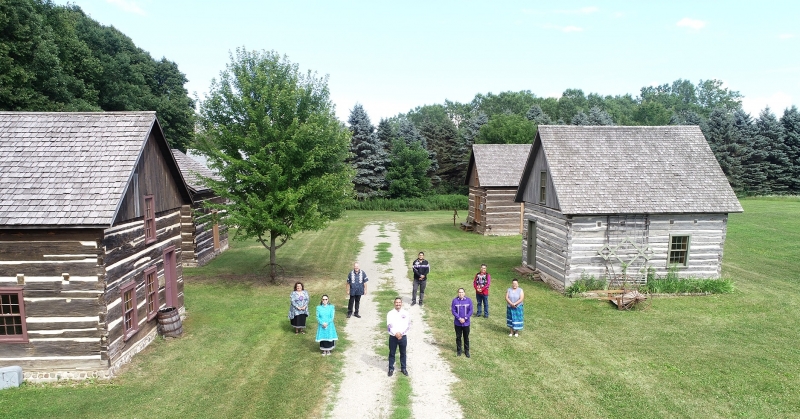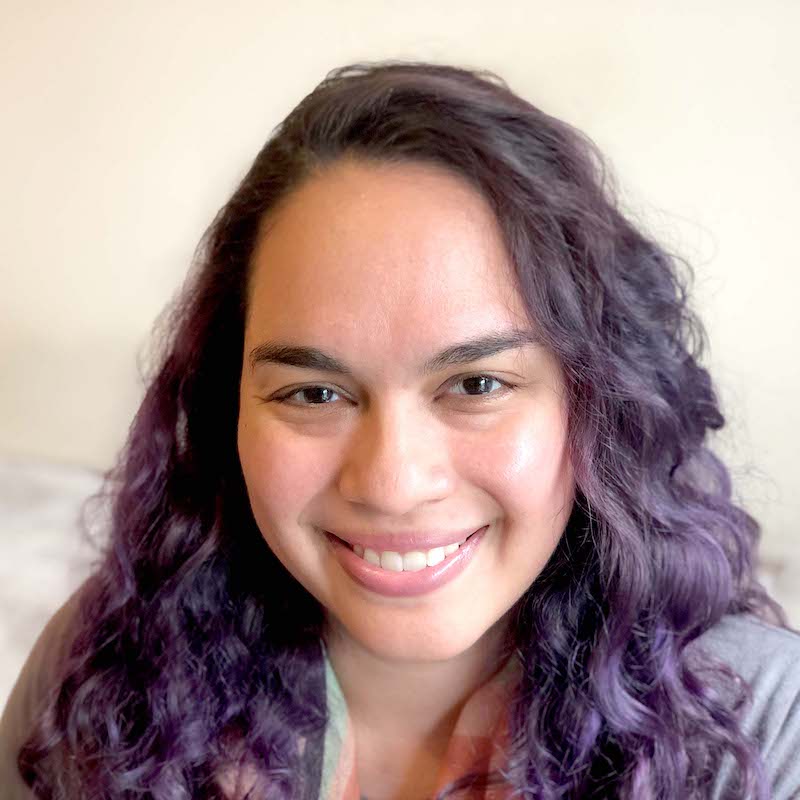
- Details
- By Monica Whitepigeon
CHICAGO — The Village of Hobart has once again lost its appeals case with the Oneida Nation.
Monday’s ruling comes after the United States Court of Appeals for the Seventh Circuit’s decision in July regarding the regulation of the tribe’s Big Apple Festival. The ongoing legal battle originated in 2016 when the tribe refused to pay a permit fee issued by the village to host the festival, which took place on tribal trust lands.
After the July 30 ruling, the village filed an appeal claiming a lower court should review whether or not the village’s special events ordinance applies.
According to the court filing in Chicago, all three judges on the Seventh Circuit Court of Appeals voted to deny Hobart’s appeal on Sept. 21.
“In sum, as a matter of federal law, the Reservation established by the 1838 Treaty remains Indian country. The Village lacks jurisdiction to apply its ordinance to the Nation’s on-reservation activities. We remand with instructions to enter judgment in favor of the Nation,” the appeals panel wrote in its 46-page decision.
Oneida Nation has yet to release a statement about the most recent court case.
Instead, the tribe appears to redirect its primary focus on the health and safety of its community members.
On Sept. 10, the nation’s business committee issued a press release to extend its public health state of emergency and address the uptick in Covid-19 cases, with more than 100 confirmed cases among tribal members.
Tribal Chairman Tehassi Hill stated, “We have to continue our diligence, as tired as we all are of the restrictions placed on our world by this pandemic, we have to remain strong and diligent to keep our community healthy. We have our children and our grandparents to be concerned about, exposing them to COVID could be devastating. Until we see our numbers decrease significantly, we must continue to keep our public health emergency and safer at home declarations extended.”
More Stories Like This
NCAI Passes Two Emergency Resolutions on Immigration Enforcement ActivitiesChickasaw Lighthorse Police Officer named Indian Country Law Enforcement Officer of the Year
Indian Gaming Association Rallies Broad Coalition Against Sports Event Contracts It Calls Illegal Threat to Tribal Sovereignty
Navajo Resources and Development Committee Issues Notice on Livestock Inspection Requirements
American Prairie, Tribal Coalition Files Protest Over Rescinded Grazing Rights
Help us defend tribal sovereignty.
At Native News Online, our mission is rooted in telling the stories that strengthen sovereignty and uplift Indigenous voices — not just at year’s end, but every single day.
Because of your generosity last year, we were able to keep our reporters on the ground in tribal communities, at national gatherings and in the halls of Congress — covering the issues that matter most to Indian Country: sovereignty, culture, education, health and economic opportunity.
That support sustained us through a tough year in 2025. Now, as we look to the year ahead, we need your help right now to ensure warrior journalism remains strong — reporting that defends tribal sovereignty, amplifies Native truth, and holds power accountable.
 The stakes couldn't be higher. Your support keeps Native voices heard, Native stories told and Native sovereignty defended.
The stakes couldn't be higher. Your support keeps Native voices heard, Native stories told and Native sovereignty defended.
Stand with Warrior Journalism today.
Levi Rickert (Potawatomi), Editor & Publisher

